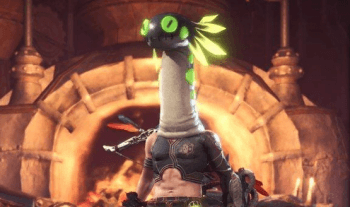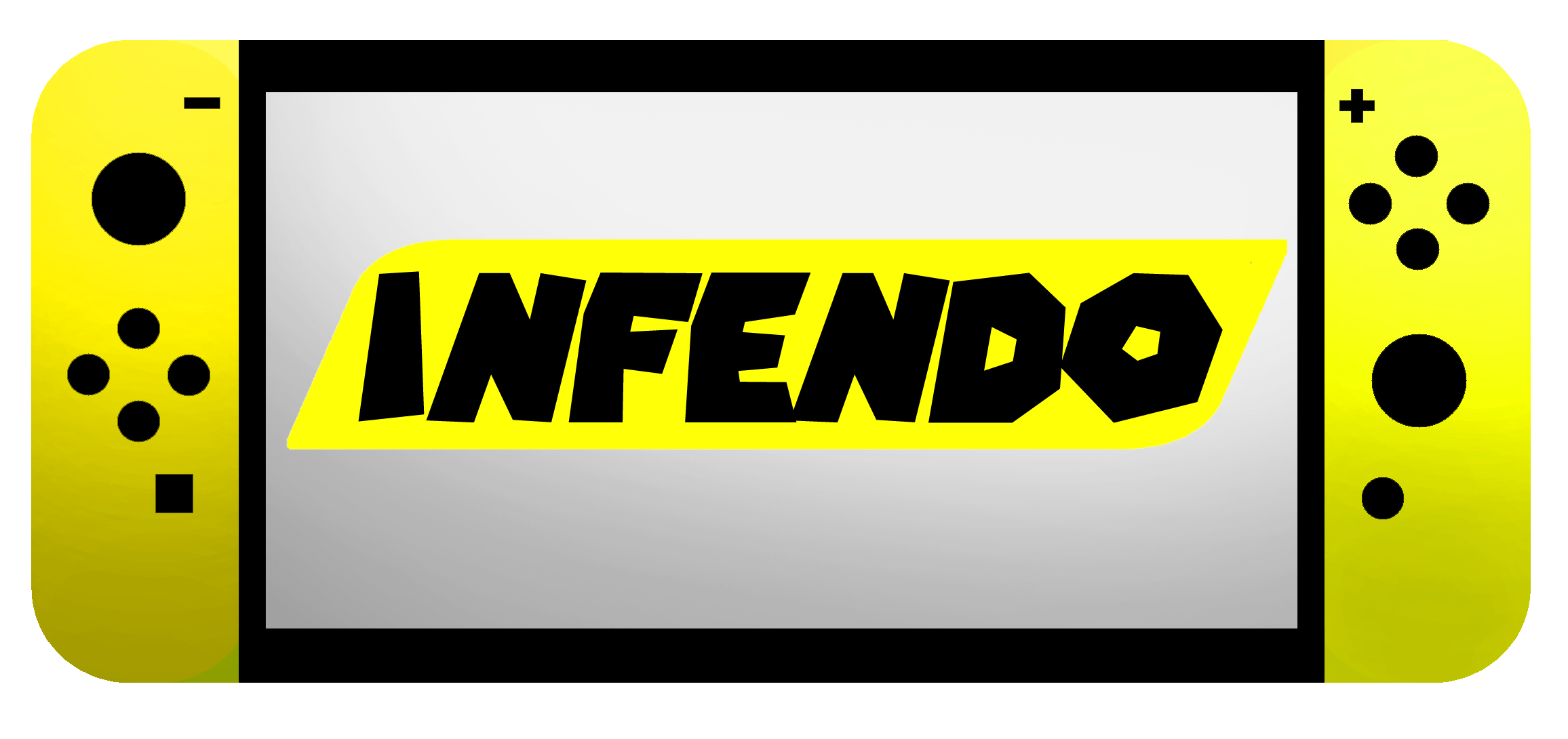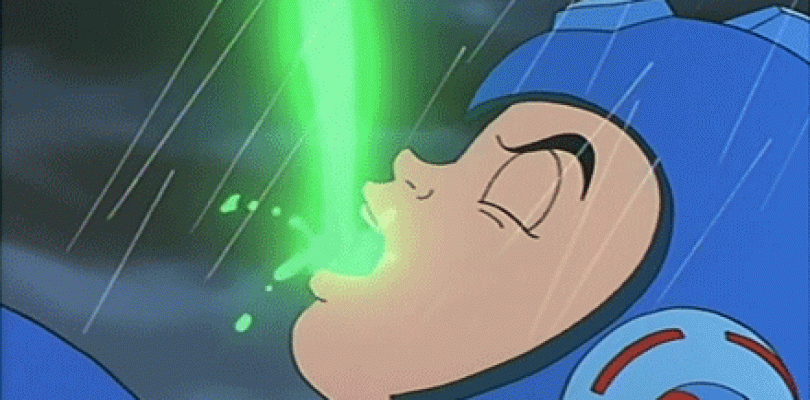Yesterday one of my co-hosts on Infendo Radio wrote a rather brilliant article about gaming culture and entitlement, a topic which deserves more attention because, let’s face it, we gamers are an entitled bunch. We’re the same gamers who are willing to wait an extra year for $10 off Yooka Laylee, just because it took too long to come out.
However, one of the examples used in that article was regarding Capcom – specifically their handling of the Monster Hunter franchise. It talked about how Nintendo gamers felt betrayed and entitled to get the newest releases, and why we should all just learn to go with the flow. While that’s certainly a beautiful sentiment, and some companies certainly deserve that open, accepting behaviour, Capcom isn’t one of them.
Over the years, Capcom has done a pretty terrible job fostering trust in their brand, from shady business practices to straight-up lack of business ethics. Here’s a look back at some of the reasons why, as a modern gamer, it can be hard to trust Capcom and blindly commit yourself to their franchises.
Monster Hunter Generations X

Monster Hunter World was a big budget Monster Hunter title that ended up skipping the Nintendo Switch, presumably for hardware reasons, and yes, many Nintendo-bound fans of the series were outraged at the lack of Nintendo representation. But it goes a bit farther than “daddy won’t buy me the shiny new toy I want.” There’s a bit of a history here that’s being overlooked.
You see, waaaaaay back in March of 2017, Monster Hunter Double Cross came out in Japan. The game was an updated port of Monster Hunter Generations (Cross is Japan) for the 3DS, this version being on the Switch. However, during that entire release, no mention of a US version was mentioned. This led many fans to believe that there were no plans to localize Double Cross, and caused a great many die-hard Monster Hunter Fans to purchase the Japanese version.
Fast forward about a year, far after the announcement of World, and Capcom finally announced that they were in fact localizing the game – after everyone had already purchased a Japanese copy.
Surely Capcom had to know this would happen, right? Hardcore fans of the series, with no signs of an English version of this game on the way, would make the jump to a Japanese version. Then, over a year later, once everyone’s had a chance to make a purchase, then they make the announcement that a US version is on the way, and you should really purchase that. Now, announcing US releases for Japanese games isn’t always a given. But a US localization of a Japanese game that’s a port of an already existing game? It wouldn’t have been difficult at all to make a one sentence statement that a US release would be coming eventually. But of course, they didn’t.
Street Fighter 2

Following aloung with that idea of releasing a game only to release a better version of the same game a year later, we have Street Fighter 2. In May of last year, Capcom released Ultra Street Fighter 2: The Final Challenges for the Switch. The game was an updated port of the original Street Fighter 2, with enchanced visuals, controls and options. At the time, there was no news of any new titles in the series on the way, and fans of Street Fighter were happy to get one of the best titles in the series on their new system.
Again, fast forward to December of 2017 after everyone had their chance to buy Ultra Street Fighter 2, and Capcom announces another, superior version of the Streetfighter series – Street Fighter 30th Anniversary Collection, coming out a year after the previous build. This version of the game came with a number of ports of Street Fighter 1, 2 Alpha and 3, and was touted as the superior Street fighter title fans needed to have.
Again, Capcom went out of their way to release a game, wait a few months, and then announce a better version of the same game was coming out.
Megaman Legacy Collection(s)

Rounding out our little tour of how Capcom has handled Switch releases, we come to the Megaman Legacy Collections, a series of games that aim to bring the classic franchises Megaman and Megaman X to the Switch. While the core idea is amazing, again, the way Capcom handled these games just feels shady.
Each one of these “legacy” games is split into two titles, so in order to own every classic Megaman title, you have to purchase both games, the first for Megaman 1-6, and the second for 7-10. Megaman X Legacy Collection, releasing later this year, follows that same trend: The games have been split onto 2 discs.
Now, if this were an issue of space, this would be understandable. But these are old games – mostly NES and SNES titles. It would be absolutely possible to release these games in one package each – but less profitable. Capcom knows fans of the series will buy all 4 games, so they released the in 4 games. If they thought they could get away with 6 or 8 games, they probably would. Capcom is shady, and that’s really all there is to it.
In fact, I wouldn’t be surprised to hear next year they’re releasing “Megaman Ultimate Legacy Collection”, which includes all 10 original games, plus Megaman 11 which comes out later this year. That just seems to be standard operating procedure for this company.
A Legacy of Mistrust
Capcom is a company that makes REALLY good games – some of my favourites in fact – but that doesn’t change the fact that their business practices are idiotic at best, and actually evil at worst. A complete lack of transparency, coupled with zero interest in establishing an open policy with their audience has led to a company that can’t seen to release a game that isn’t marred in controversy.
Look, companies aren’t bound to some contract when it comes to doing the right thing, and these are just video games we’re talking about. Nobody’s saying Capcom is starting the next big war, or kicking puppies or anything. But, when a company has a legacy of this sort of thing – constantly playing this game of squeezing just a little more money out of their customers… There’s something wrong there.
As consumers, we have a right to be upset when we feel like we’re being played. If that’s entitlement, so be it. We have a limited amount of power in these situations, and for those of us who can’t afford to spend tons of money on every big release, we want to know what were getting will last.
There aren’t many ways to lash out against this kind of thing. One way is to not make a purchase if you feel cheated, “voting with your wallet” as it were. The other way is to lash out online, in reviews and on message boards. Honestly, neither way is very effective, but there is a growing voice out there. People are tired of getting taken advantage of by shady big business practices.
So get pissed if you’re pissed, and if that’s being entitled, hey, you’re a little entitled. Run with it. Change the landscape. We absolutely are living in a golden age for gaming. Anyone can make a game. And you can bet, 9 out of 10 times, small indie devs will create a better, more heartfelt product, and they won’t try to rip you off, or get you to buy multiple versions of the same game. Support those people. If you’re sick of how Capcom and companies like them treat their fanbase, stop supporting them. That’s your right as a consumer.

